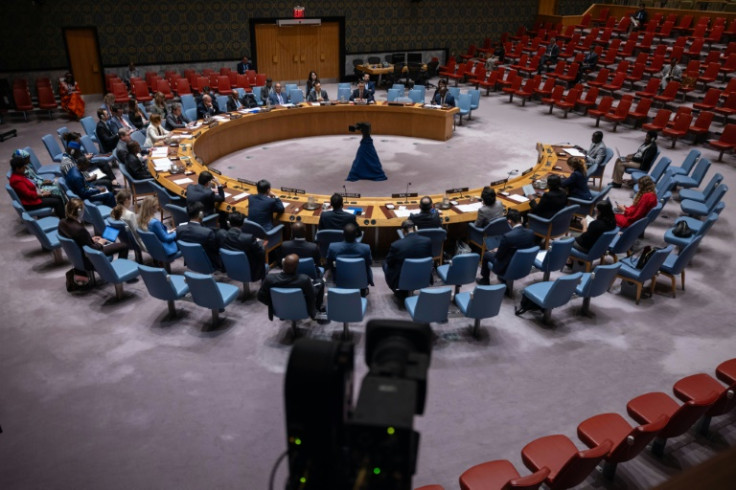
The United States called Thursday for two permanent seats on the UN Security Council to be reserved for African nations, alongside a rotating seat for small developing island nations.
The proposals would transform the 15-member top body of the global organization which has been largely unchanged for decades.
However the new African representatives would not wield veto power over council resolutions, unlike the current permanent members -- Britain, China, France, Russia and the United States -- said a top US administration official.
"I'm announcing the United States supports three additional changes to the Security Council," said Washington's ambassador to the UN, Linda Thomas-Greenfield, at the Council on Foreign Relations think-tank.
This would include "creating two permanent seats for Africa," she said.
African nations already have three non-permanent seats on the Security Council, allocated on a rotating basis for two year terms.
In addition, "the United States supports creating a new elected seat on the Security Council for small island developing states," Thomas-Greenfield said.
Reform of the Security Council, long-stalled because of differences among its permanent members, would need to be ratified unanimously among the five top-tier powers -- all nuclear armed.
A change in membership would first require adoption and ratification by two-thirds of the 193 member states.
Washington has notably said that it is opposed to allowing any new members the veto power enjoyed by the five permanent members.
"We believe, expanding the veto would only lead to greater deadlock in the Security Council," the senior US official said.
The United Nations said Washington's call was a positive step for African representation.
"The announcement is an important one, it's welcome," said a spokesman for the UN Secretary-General Antonio Guterres.
"All of the details of how this will will need to be decided by member states," Stephane Dujarric told a briefing.
"It goes along the lines of what (Guterres) has said, lamenting the lack of African representation."
In September 2022, President Joe Biden threw his weight behind reform of the Council, supporting calls for permanent seats for Africa and Latin America, without giving details.
"For all of these disagreements, these differences, there was one thing everyone agreed on: the status quo was just not cutting it and it's time to make change," said Thomas-Greenfield of her engagements with dozens of UN members on the issue.







